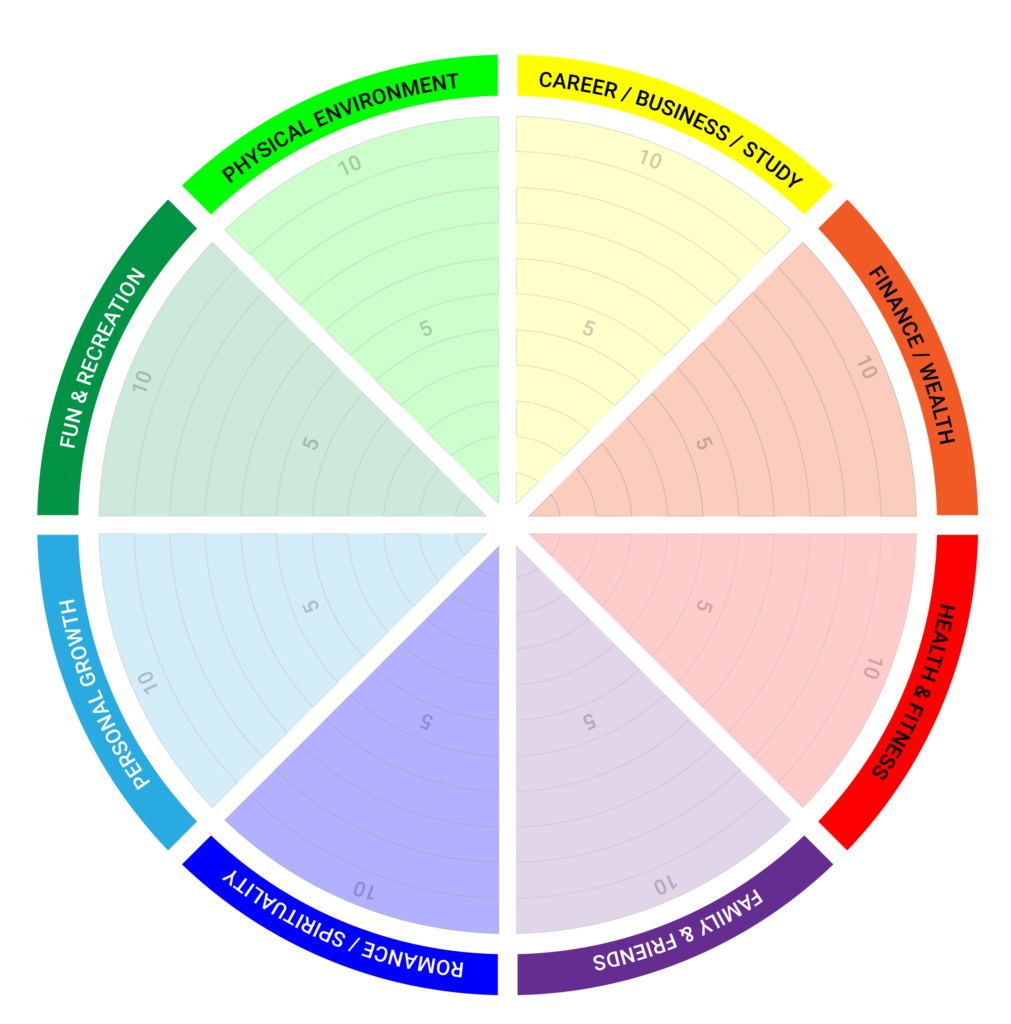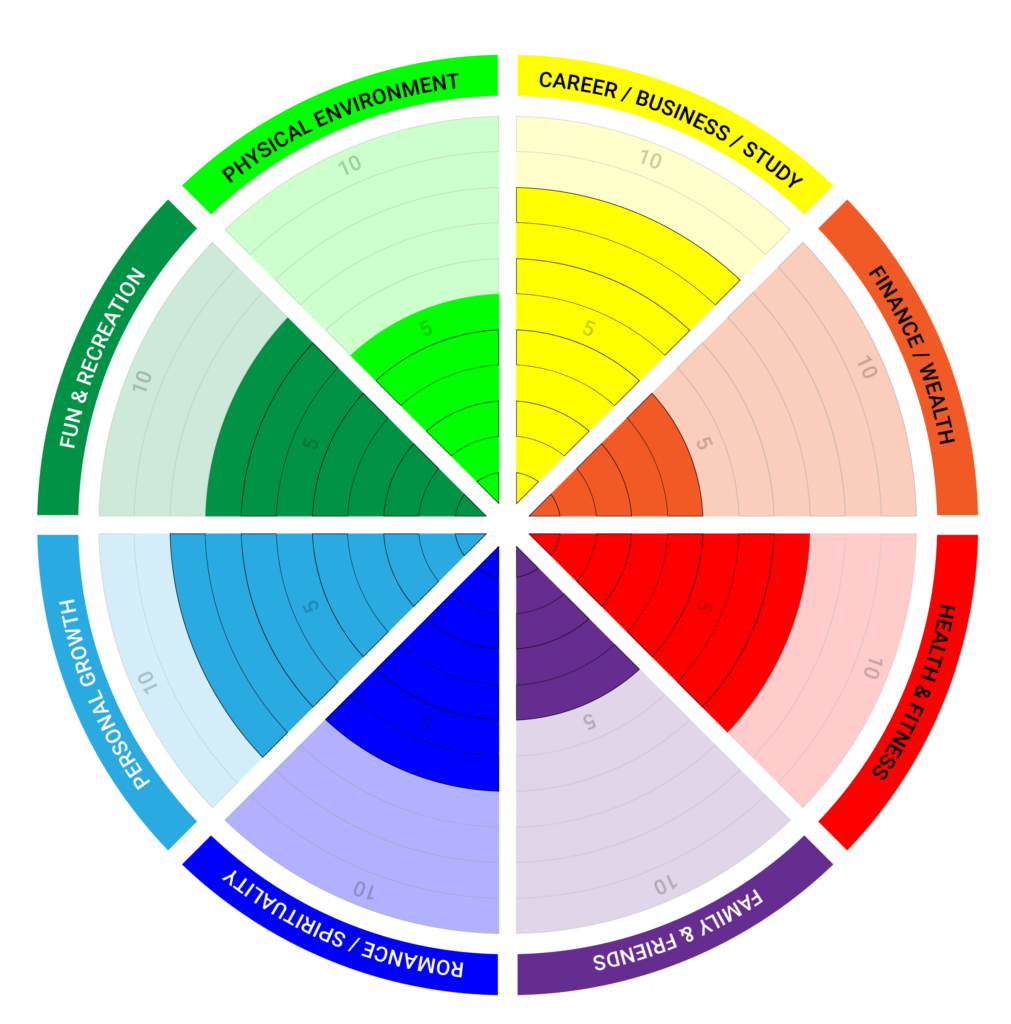We are recognised as authorities in our specialised fields. We publish newsletters with informed opinions that are free for you to subscribe to.
KPIs are dead: long live Personal Goals
KPIs are short for key performance indicator’s used to measure your employee’s performance. They can be financial, customer, or process-focused. The thing is, generationally, I believe we’ve moved away from using them, and for some businesses, they haven’t even noticed. The catchphrase used to be “work hard, play hard”; nowadays, it’s “work-life balance”.

My career moved up the ladder by progressing within a company, reaching as high as possible, and searching for a new job that further progressed me. Never, under any circumstances in my own control, would I leave a job without already having another one to go to.
It absolutely flabbergasted me when my daughter chose to leave her employment without a new position to go to. And she did so more than once! Upon further discussion, I learned a few things. Your job should not define you; you trade 40 hours for money. It’s a trade, not a burden. If you’re going to give that much of your life away (roughly one-third), it should be done with passion, fun and the thrill of achievement.
With my team, I understand that if they have chosen their career and are working to gain experience to move up the ladder, they are motivated to set goals to help them do so. And if they haven’t and are just working to earn an income, goal setting should be more than just KPIs in the workplace.
Even though the heading of this article says KPIs are dead, I think they’re still surviving, but perhaps they should now form a part of the overall, rather than only measuring employee performance.
Wheel of Life (WOL) Goals
The ‘Wheel of Life’ goal setting is one I do with my team and anyone else who wants to give it a go. Ultimately, it empowers growth with goal setting and reflection.
First: Divide your life into eight slices within the wheel. The labels for these slices vary depending on which template you use, but I try to keep the headings as loose as possible and allow them to call it what it means to them. (Download WOL Goals PDF here)

- Business / Career / Study
- Finance / Wealth
- Health & Fitness
- Family & Friends
- Romance / Spirituality
- Personal Growth
- Fun & Recreation
- Physical Environment / Contribution
Note: some templates have 6, and some have 12; find the one that works for you. Questions for each slice can be found at the end of this article.

Second: Give yourself a score out of ten, for how happy you are with that area of your life. 1, and you only shade/colour the first segment; 10, and shade/colour the whole slice.
Once you’ve reflected and assessed all slices, you’ll see a wheel shape. When the wheel is balanced, you have a smoother, more enjoyable ride through life. So that’s the aim, to balance the wheel. The goal is not to get every area of your life at a ten out of ten; I think that’s nearly impossible. The goal is to get the slices even with each other for a balanced life.
Third: Pick the three you most want to work on. These are usually the three lowest-scoring slices, but as with every rule, there is an exception. Say you’re paying off a debt, and the money is being paid regularly. You might not be happy with that slice, but something is already being done about it. But if you think you can do more, such as a better budget or less frivolous spending, keep it one of your three goals.
Personal growth and business/career slices of the wheel would replace KPIs in a business setting. But as with the wheel, work is not everything, nor should it completely encompass your life and who you are.
Write down why you scored it that way for each of the three slices.
Fourth: Turn the three goals into 30, 60 and 90-day SMART goals. Take the slice you want to work on and figure out a goal that could be accomplished in 90 days. It needs to be SMART: Specific, Measurable, Achievable, Relevant, and Time-Bound. Using SMART objectives keeps you moving forward, helps with accountability and timing, and lets you know you are accomplishing your goals.
Then, break that goal down: what can you achieve in 60 days, and what can you achieve in 30 days? Little steps to form a habit (it generally takes an average of 66 days).
It was first introduced to me by Kate Billing, a former mentor. As an overachiever, I learned that you cannot set a goal in every slice of the wheel and succeed at all of them. (but thanks to Kate, who let me try anyway).
Kate also added a success piece: how will you reward yourself when you achieve this goal? It might be an experience, an item you’ve long wanted to purchase, or a nice dinner out.
Fifth: Check in on a regular basis. I do lunchtime goal catchups at work, where every 30 days, we check in and see how each other is doing.
It also results in success – because, too often, we set a personal goal, and then it fades away. With regular check-ins, this doesn’t happen. It usually becomes an encouragement to get it done before we meet next. After my team has done this once or twice, they realise they are achieving.
If you (or they) fail at one of your goals, discuss the obstacle and help them find something that will help them overcome it in the next 30 days.
A sense of achievement is crucial to success in life. While moments of happiness make life delightful and give an instant boost of inner calm and gratitude to the world, your moments of success keep you going. You get such satisfaction from it you end up with more energy to continue and look forward to challenging other areas.
The people I see using this strategy begin to recognise that their job is not just an income; it’s a means to an end, a way to help them fulfil their life goals, not just their career goals. Discussing goals together brings the team closer and into a more supportive environment. But beware, it’s not for everyone, and I highly recommend making it optional.
Feel free to contact me if you have any questions.
WOL Questions
Business / Career / Study: Is your career where you want it to be now? Are you heading in the right direction?
Finance / Wealth: Are you earning enough income to satisfy your current needs? Are you financially set up for future growth in wealth?
Health & Fitness: How physically healthy are you? Are you satisfied with your level of fitness? Are you satisfied with your diet?
Family & Friends: Are your friends supportive of you? Are you engaging friends and socialising to your satisfaction levels? Is your family supportive of you? Are you supportive of your family?
Romance / Spirituality: Do you feel loved? How often are you expressing love to others? How connected are you to the inner and outer world? Are you satisfied with your relationship with your spiritual being? Do you think of your abilities highly? Do you respect and love yourself? Do you appreciate yourself?
Personal Growth: How focused are you on personal growth? Are you satisfied with your direction? Are you trying new experiences and seeking to learn?
Fun & Recreation: Are you enjoying your life and making it fun? Are you satisfied with the level of activity that you do?
Physical Environment / Contribution: Think about what is around you, your desk/office/workplace. Or your home/living situation/neighbourhood. How would others rate your contribution to society or them as individuals?
If you don’t know where to begin, want to talk through something, or have a specific question but are not sure who to address it to, fill in the form, and we’ll get back to you within two working days.
Find out about our team
Look through our articles
Read more about our history
Business Advisory Services
Tax Specialist Services
Value Added Services
Get in touch with our team
Want to ask a question?
What are your opening hours?
AML & CFT Act in New Zealand
Events with Gilligan Sheppard
Accounting software options
Where are you located?
Events

